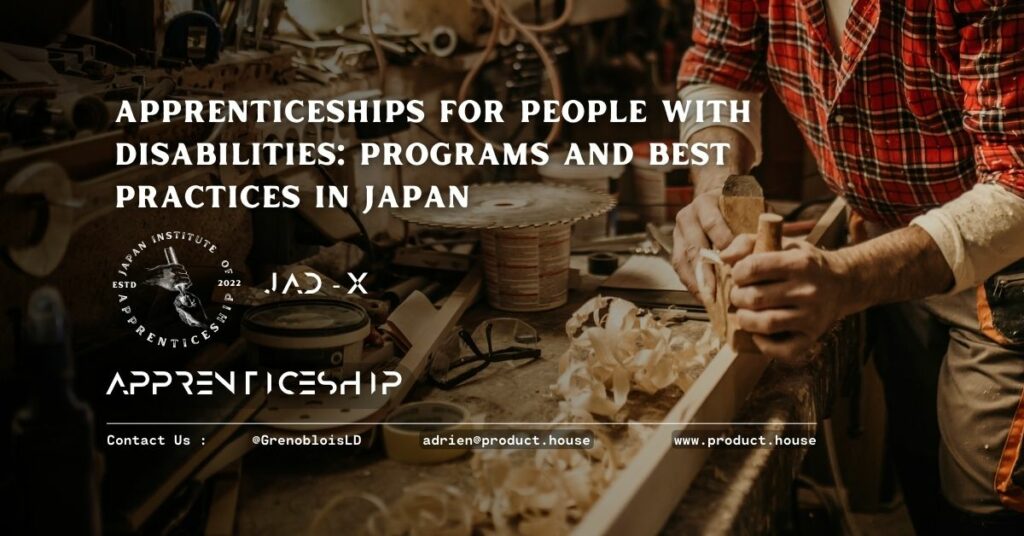Apprenticeships for People with Disabilities: Programs and Best Practices in Japan

Apprenticeships offer a valuable opportunity for people with disabilities to gain skills and experience in the workforce. Japan has been a leader in providing apprenticeship programs for people with disabilities, with a focus on improving their employability and promoting social inclusion. In this article, we will explore the benefits of apprenticeships for people with disabilities, specific programs and initiatives in Japan, and best practices for developing and implementing successful apprenticeships.
Benefits of Apprenticeships for People with Disabilities
Apprenticeships offer a range of benefits for people with disabilities. By participating in apprenticeships, individuals can gain valuable work experience, develop new skills, and build confidence and self-esteem. Apprenticeships can also lead to increased job opportunities and higher earning potential, as well as improved social inclusion and a greater sense of community engagement.
Specific Programs and Initiatives in Japan
Japan has established a number of programs and initiatives to promote apprenticeships for people with disabilities. These include:
- The Vocational Rehabilitation Support System: A government program that provides support for people with disabilities to find employment, including access to vocational training and apprenticeships.
- The Comprehensive Support System for Persons with Disabilities: A government program that provides a range of services and support for people with disabilities, including access to employment opportunities and apprenticeships.
- The National Institute of Technology: A network of government-run vocational schools that offer apprenticeships and training programs in a range of fields, including technology, engineering, and manufacturing.
Best Practices for Developing and Implementing Successful Apprenticeships
Developing and implementing successful apprenticeships for people with disabilities requires careful planning and execution. To start, employers must identify the specific skills and needs of the individuals with disabilities they are looking to support. Employers should also work closely with disability organizations and other stakeholders to develop and promote apprenticeship programs. Once the program is established, providing quality training and support is critical. This includes offering mentorship and guidance to apprentices, as well as opportunities for skill development and continuing education. Finally, employers must ensure the sustainability and scalability of the program by measuring and evaluating success and developing strategies for expansion and sustainability.
Conclusion
Apprenticeships offer a valuable opportunity for people with disabilities to gain skills and experience in the workforce. By providing access to vocational training and apprenticeships, Japan has been a leader in promoting social inclusion and improving the employability of people with disabilities. To develop successful apprenticeships, employers must identify the specific needs of individuals with disabilities, collaborate with stakeholders, and provide quality training and support. By following these best practices, apprenticeships can play a key role in promoting social inclusion and improving the economic prospects of people with disabilities in Japan.




